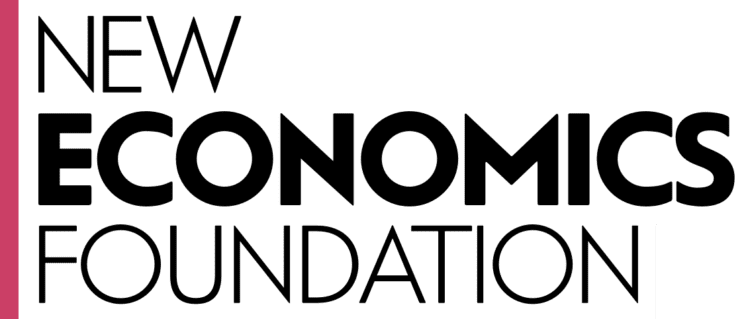We help organisations to prove and improve the value of what they do. Our clients deliver better outcomes for their communities, beneficiaries, clients, and the environment, in local, national and global economies.
We work with local government and community organisations, charitable foundations, unions and progressive businesses with a focus on:
- Protecting and enhancing natural resources – through valuation of natural resources.
- Creating social value – enhancing organisations’ approaches to social value creation.
- Improving the impact of business – analysis of the social, economic and environmental impact of progressive businesses.
We draw on the following tools and approaches when evaluating and assessing impact:
EVALUATION & IMPACT ASSESSMENT
A Theory of Change (ToC) is a powerful tool that helps organisations and initiatives plan how they will create change, assess their effectiveness and communicate to stakeholders. It is normally depicted as a map, or a journey, linking the activities of a programme, intervention or organisation to the short-term, medium-term and long-term outcomes experienced by stakeholders. It is a living diagram and narrative that should be updated as the work of the organisation changes.
Frequently using this tool ourselves, we also offer expert training on ToC and have developed a guide that is particularly useful at the start of a project.
Find out more here
EVALUATION & IMPACT ASSESSMENT
SROI was developed by the New Economics Foundation (NEF) in the early 2000s to bring broader social and environmental value into decision-making. Developed from traditional cost-benefit analysis and social accounting, it is an analytic tool for measuring and accounting for a much broader concept of value by placing all impacts in financial terms.
Find out more here
EVALUATION & IMPACT ASSESSMENT
Outcomes evaluation is about measuring the actual change that has occurred, from a specific activity, on a range of stakeholders based on the principle of measuring what matters to stakeholders.
Find out more here
EVALUATION & IMPACT ASSESSMENT
Cost-benefit analysis (CBA) is the most common mainstream approach to project appraisal. Social and Environmental CBA introduces the concepts of social value and/or environmental sustainability into the balance sheets of cost-benefit models. This is particularly useful for projects, programmes or policies that have both socio-economic and environmental components.
Find out more here
EVALUATION & IMPACT ASSESSMENT
MCA is an appraisal technique that accounts for the role of economic, social and environmental factors in decision-making. Unlike CBA or SROI it does not require the monetization (monetary valuation) of social and environmental outcomes. It highlights trade-offs among competing interventions, competing interests at play, and competing objectives (social, economic, environmental).
Find out more here
EVALUATION & IMPACT ASSESSMENT
LM3 was developed by the New Economics Foundation (NEF) as a simple and understandable way of measuring local economic impact. It is designed to help people think about local money flows and how their organisation can practically improve its local economic impact, as well as influence the public sector to consider the impact of its procurement decisions.
Find out more here
